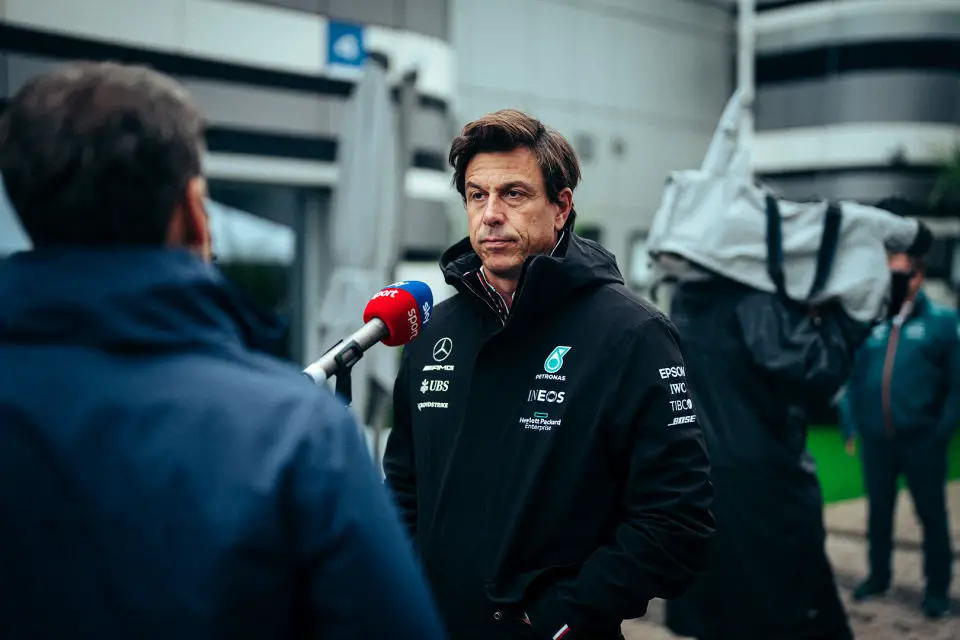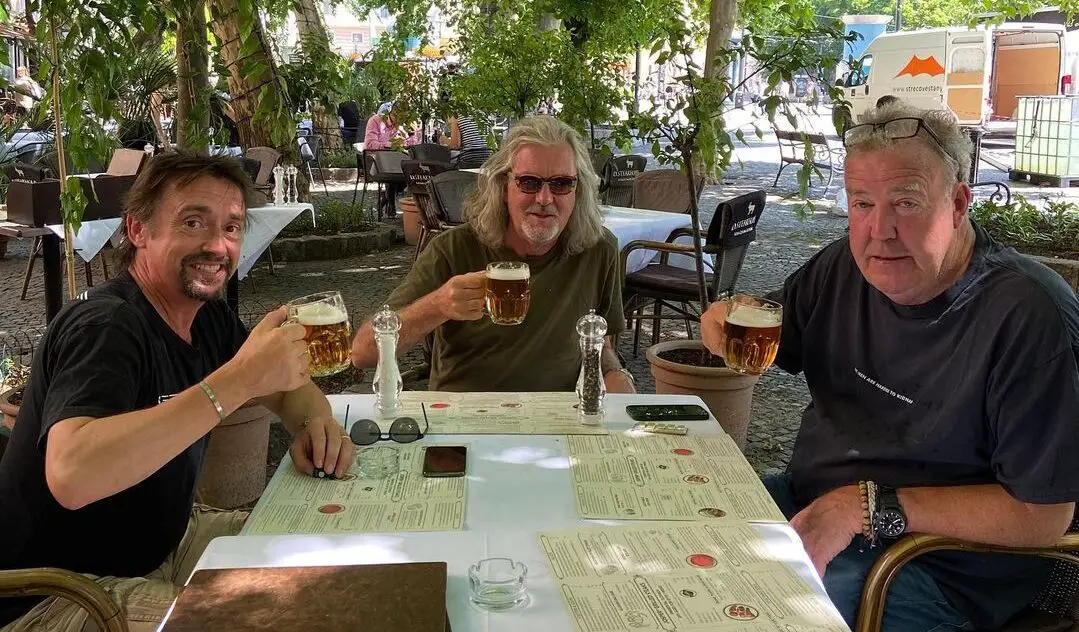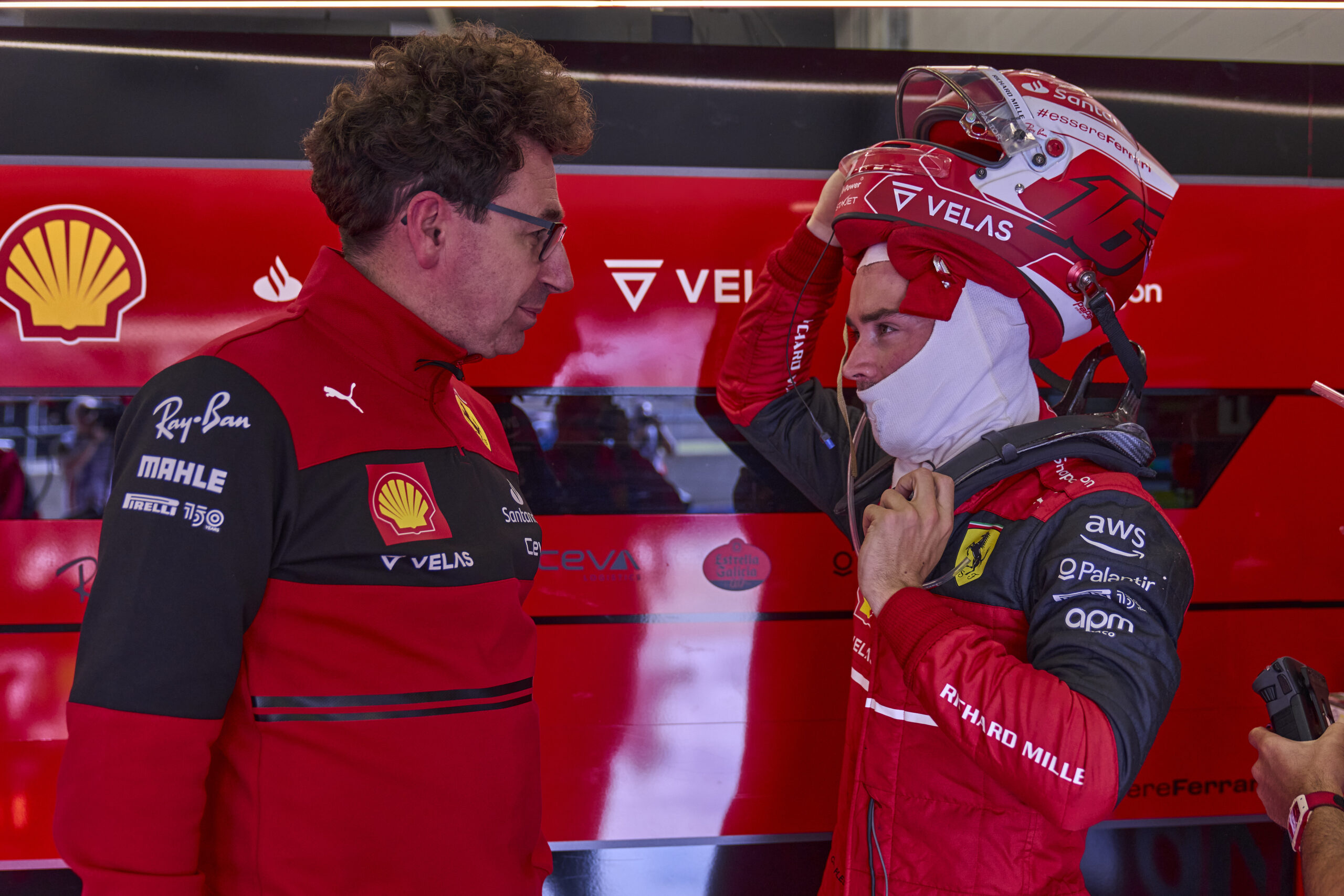Mercedes Admits Underestimating Pit Stop Times in F1 Dominance, Plans Major Overhaul
In a revealing interview, Mercedes team principal Toto Wolff admitted to previously neglecting pit stop efficiency during their dominant years in Formula 1. With competition intensifying, Wolff emphasized the need to improve their game in this crucial area.
Key Takeaways:
- Overlooked Strategy: Toto Wolff, Mercedes team principal, acknowledged that during their Formula 1 dominance from 2014 to 2021, the team underestimated the importance of fast pit stops, focusing instead on car performance and reliability.
- Shift in Dynamics: With Red Bull’s ascendancy and the recent record-breaking pit stop by McLaren at the Qatar Grand Prix (1.80 seconds), the importance of pit stop efficiency has been brought into sharp focus, compelling Mercedes to reconsider their strategy.
- Planned Improvements: Wolff disclosed plans for significant advancements in Mercedes’ pit stop equipment and techniques, aiming to reduce their pit stop times from the current average of over three-and-a-half seconds to compete more effectively against top teams.

Mercedes’ era of Formula 1 dominance, stretching from 2014 to 2021, is widely regarded as one of the most impressive in the sport’s history. However, a crucial aspect of race strategy, the efficiency of pit stops, was seemingly overlooked by the team during these years. This oversight has become particularly apparent as the F1 landscape has evolved, with teams like Red Bull and McLaren demonstrating the critical importance of pit stop performance.
In a candid discussion with RacingNews365.com, Toto Wolff reflected on this strategic gap. “Our mindset for the last 12 years was that we don’t need to be World Champions in pit-stops, we just need to avoid slow pit-stops,” Wolff stated. He continued, emphasizing the changing demands of the sport, “It is coming to a situation now where we realize because it has become so competitive, we just need to ramp our game out there.”
While Mercedes’ cars were significantly outpacing competitors, leading to numerous race wins, their pit stop times were not a major concern initially. However, as the competitive landscape in Formula 1 has shifted, with Red Bull taking the lead and McLaren setting a new record for the fastest pit stop, the importance of every second spent in the pit lane has been magnified.
Wolff’s acknowledgment of this issue marks a significant shift in Mercedes’ approach. He elaborated on their plans to improve, “In terms of equipment and science around it, we will be making a step up to [be better] than three-and-a-half seconds.” This statement indicates a major strategy overhaul for the team, focusing not only on car performance but also on the efficiency of their pit crew.
As the 2024 F1 season progresses, it will be intriguing to see how Mercedes implements these changes and whether it can reclaim its position at the pinnacle of Formula 1. The renewed emphasis on pit stop efficiency is a clear indication that in the ultra-competitive world of Formula 1, no aspect of the race strategy can be overlooked.



